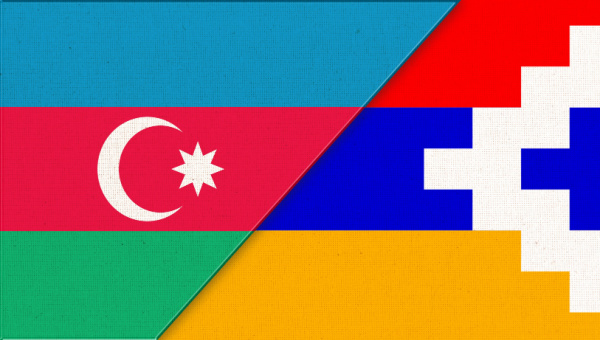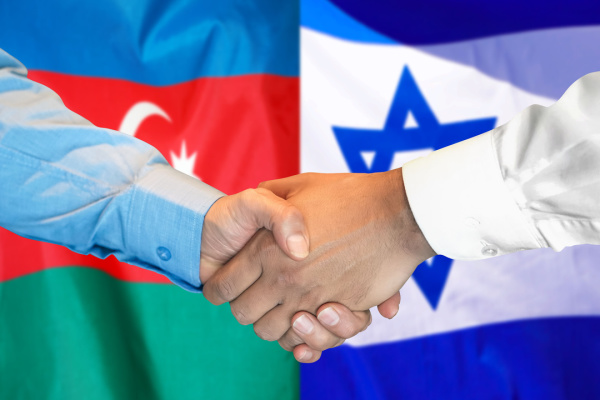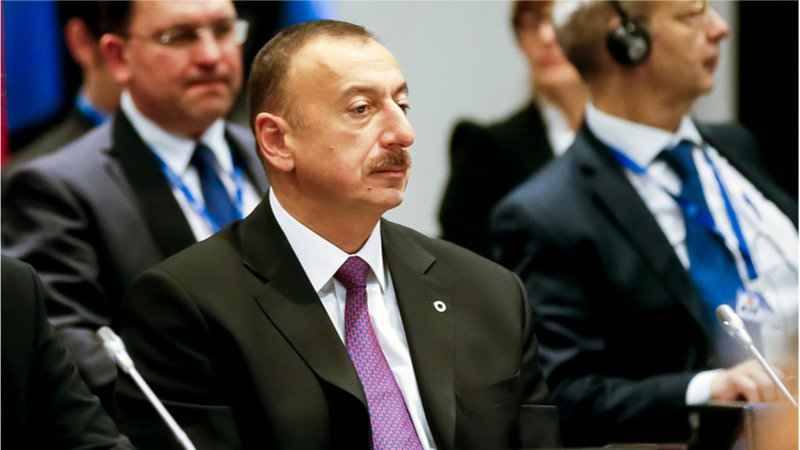Armenia’s Crisis After Azerbaijan's Final Offensive in Nagorno-Karabakh
By Natalia Konarzewska
November 9, 2023
Armenia was hit by a political and humanitarian crisis after Azerbaijan launched a massive military offensive in Nagorno-Karabakh on September, aimed at disbanding its de facto government and armed forces. Yerevan’s refusal to provide military assistance to the separatist region fueled massive protests across Armenia in support of Karabakh Armenians and against Prime Minister Nikol Pashinyan. Simultaneously, relations between Armenia and Russia reached a new low amid Yerevan’s assertion that Moscow failed to live up to its security commitments in the region. As a result of Nagorno-Karabakh’s capitulation on September 20, tens of thousands of Armenian refugees fled the region.

Deepening Azerbaijani-Israeli Cooperation Contributes to South Caucasus Stability
By Robert M. Cutler
May 23, 2023
In mid-April, days before Azerbaijan opened its embassy in Tel Aviv, Israeli foreign minister Eli Cohen visited Baku to discuss regional security and Israeli diplomacy in Central Asia with President Ilham Aliyev and other senior officials. Israel’s deepening relations with Azerbaijan and the Central Asian countries—and the significant assistance that it can provide to these countries’ domestic economies as well as their security—contributes to the stability and security of the broader region in the face of Iranian bellicosity. They also give the Central Asian countries another “vector” for escaping the visegrip of Russian and Chinese influence.

Azerbaijan and Russia's Invasion of Ukraine
By Natalia Konarzewska
April 6, 2022
Like several other countries, Azerbaijan seeks to retain functioning relations with both Russia and Ukraine amid Russia’s invasion. Baku provides Ukraine with humanitarian aid yet avoids actions directly opposing Moscow for fear of retaliation. Baku’s position reflects its interest in maintaining Russia’s acceptance of Azerbaijan’s multi-vector foreign policy and in gaining Moscow’s support for its objectives in Nagorno-Karabakh. Moreover, the recent surge of violence in Nagorno-Karabakh suggests that Baku is taking advantage of the opportunity arising as Western and Russian attention is directed elsewhere to improve its own position vis-à-vis the separatist region.




